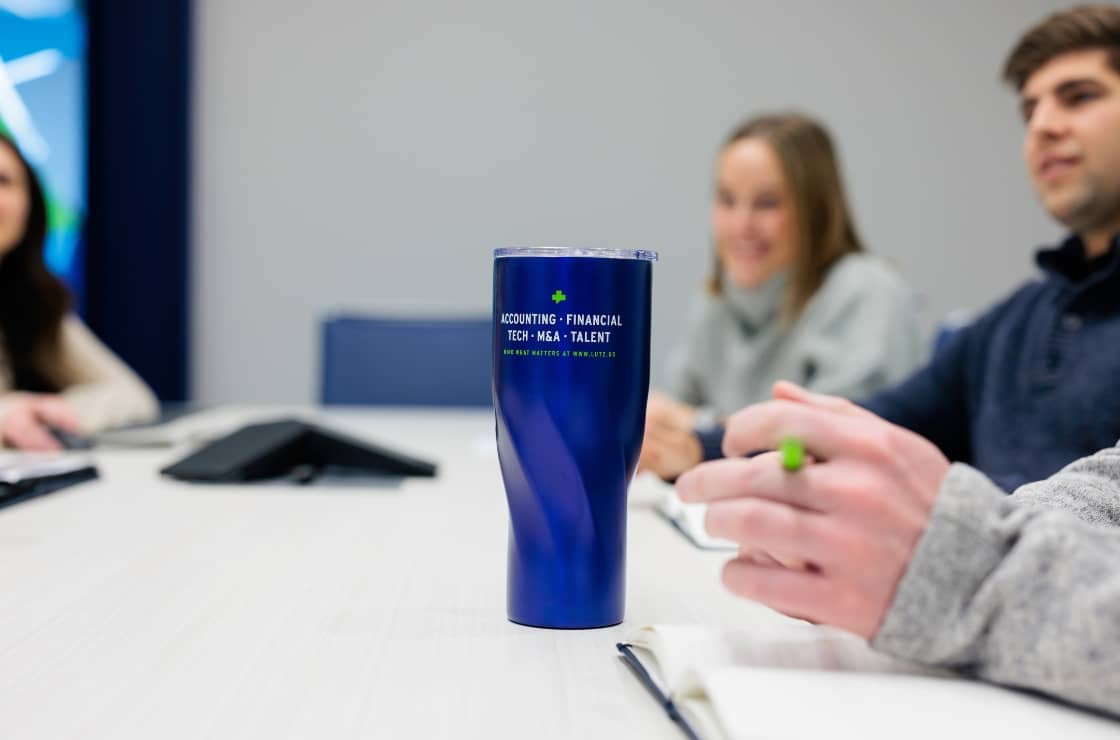7 Steps to Sell Yourself to a Potential Employer

The interview is a critical part of almost any hiring process. It is often your prospective employer's first opportunity to get to know you personally. It's also an excellent opportunity to showcase your strengths, qualities, and talents. While the interview process can be daunting, following these seven steps can help you stand out from other candidates and increase your chances of securing the job.
1. Do Your Research
The first step you should always take is to research the company for which you'll potentially be working. Apart from a basic knowledge of the kind of products that the company makes or the type of services that it provides, look for answers to the following questions:
- What values does the company uphold?
- What kind of culture is it known for?
- What type of employee would be best suited for a role within the organization?
- What experience do you bring to the table that could benefit them? Bring real-life examples.
Answering these and similar questions can give you an advantage over other candidates for the job. For example, if you know the company has a reputation for a casual, laid-back culture, you can highlight that aspect of your personality in the interview process.
In addition, if you can find out who will be interviewing you ahead of time, see if you can unearth relevant facts about that person. For instance, an interviewer with a background in the arts may be more attuned to a candidate's emotional intelligence. In contrast, an interviewer with a technical background may focus on a potential hire's problem-solving skills.
2. Ask the Right Questions
A candidate who doesn't ask questions often leaves an unmistakable impression on the interviewer: the candidate doesn't care about the job. Be sure to intersperse appropriate questions throughout the interview. At the same time, be careful not to ask questions solely centered around the potential benefits to you (such as wages, paid time off, or benefits). Your questions should indicate you are interested in how you can best fill the company’s needs within the parameters of your job.
3. Dress to Impress
They tell us not to judge a book by its cover, but the truth is, for most books, the cover is all we'll ever see. All too often, the same principle applies to people.
Research indicates that it takes between 5 and 15 seconds for someone to form a first impression of you. Therefore, it is imperative that you dress well for your interview. A neat haircut, along with professional attire, can go a long way towards securing the position. Even if you know that the company in question has a relaxed corporate culture, don't take chances. You can always dress down after you get the job. When it comes to the interview, always dress to impress.
4. Carefully Review the Job Description
It is vital that you carefully examine the details of the posted job description before the interview. This will help you to ask thoughtful questions and show the interviewer that you are willing to do your due diligence. I always recommend bringing a padfolio to take notes as well. It shows you are engaged and interested. Don’t forget this interview is a two-way street.
5. Show Your Enthusiasm
It's always a good idea to show an appropriate level of enthusiasm for the industry, company, and/or position for which you are applying. Interviewers like to see an excited candidate because this quality of (sincere) enthusiasm tells them that the applicant, should they be hired, will be emotionally invested in the work. However, be sure to match the energy and enthusiasm level of the person you are interviewing with.
6. Ask for the Job
At the conclusion of the interview, express your interest in the position and ask the interviewer if they feel you would be a good fit. Let the interviewer know you are keenly interested in moving forward with the interview process and are eager to contribute to the company.
Even if the interviewer doesn't have the prerogative to offer you the position immediately, don't be discouraged. Your conviction will no doubt leave a lasting impression and may ultimately be the deciding factor that wins you the position.
7. Send a Follow-Up "Thank You" Note
No matter how you think the interview went, always send a "thank you" note to the interviewer as a follow-up. Not only is this standard professional etiquette, but it is also a wise move. Even if you don't get this job, another position at the same company may open up soon, and the interviewer will likely remember your professionalism and thoughtfulness should you apply again.
Lutz Talent Can Help You Take the Stress Out of Your Job Search
If you have any further questions about how best to highlight your strengths to a prospective employer, reach out to our team of experts at Lutz Talent. Also, feel free to search our current job openings.

- Individualization, Relator, Arranger, Maximizer, Input
Katy Doyle
Recent News & Insights
Corporate Transparency Act: BOI Reporting Update
The S&P 500 Enters Correction Territory + 3.19.25
The CFO Outsourcing Option for Hospitals + Why it May Make Sense for You
Accounting Today Names Lutz a 2025 Top 100 Firm and Regional Leader




%20(1)-Mar-08-2024-09-22-41-1011-PM.jpg?width=300&height=175&name=Untitled%20design%20(5)%20(1)-Mar-08-2024-09-22-41-1011-PM.jpg)
%20(1)-Mar-08-2024-09-27-14-7268-PM.jpg?width=300&height=175&name=Untitled%20design%20(6)%20(1)-Mar-08-2024-09-27-14-7268-PM.jpg)

%20(1)-Mar-08-2024-09-11-30-0067-PM.jpg?width=300&height=175&name=Untitled%20design%20(3)%20(1)-Mar-08-2024-09-11-30-0067-PM.jpg)
%20(1)-Mar-08-2024-09-18-53-4361-PM.jpg?width=300&height=175&name=Untitled%20design%20(4)%20(1)-Mar-08-2024-09-18-53-4361-PM.jpg)
-Mar-08-2024-09-03-21-1119-PM.jpg?width=300&height=175&name=Untitled%20design%20(1)-Mar-08-2024-09-03-21-1119-PM.jpg)
-2.png?width=264&height=160&name=Website%20Featured%20Content%20Images%20(1)-2.png)
-Mar-08-2024-08-50-35-9527-PM.png?width=300&height=175&name=Untitled%20design%20(1)-Mar-08-2024-08-50-35-9527-PM.png)


.jpg)




